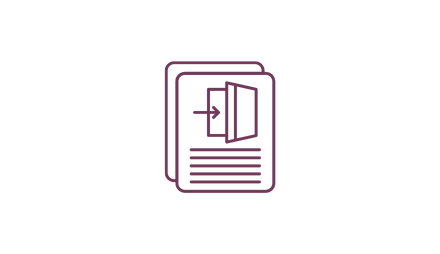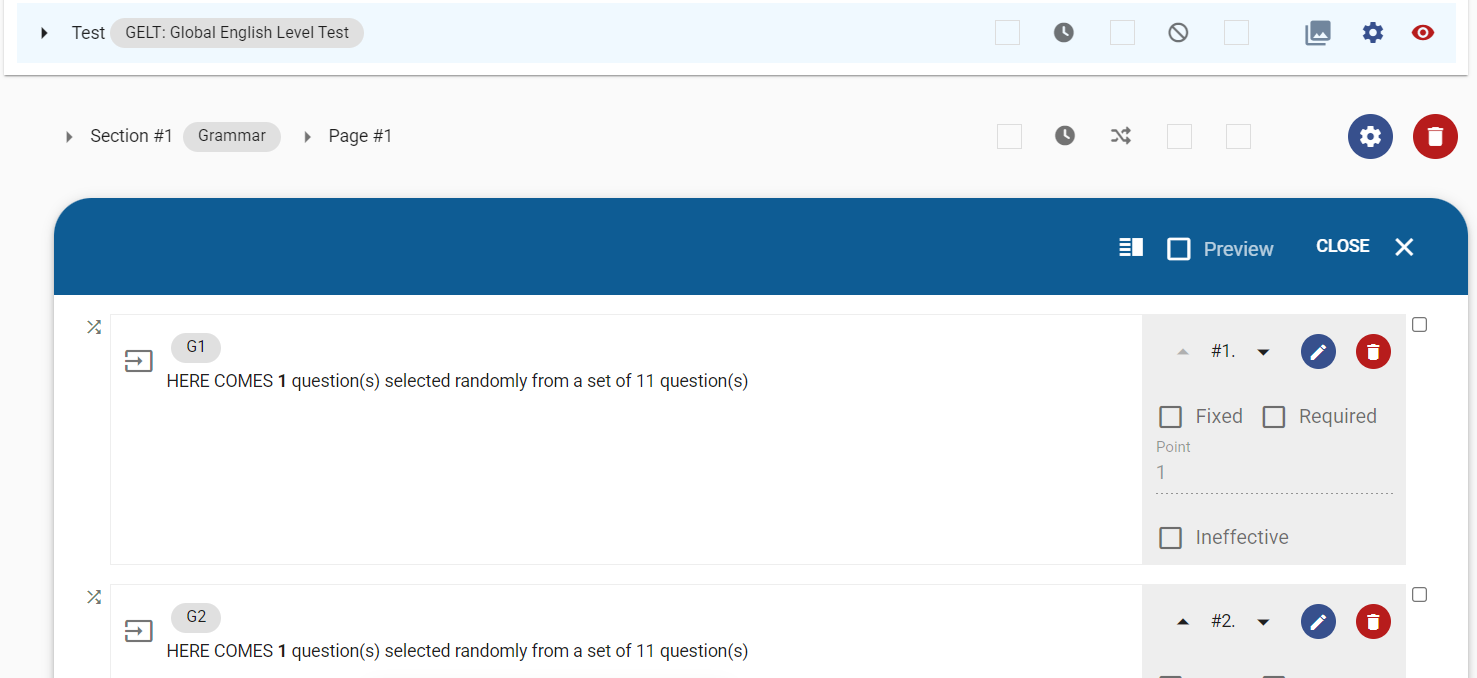All Resources

In today's competitive educational and professional landscape, the integrity of assessments is paramount. To address the challenges of fairness and cheating in testing, innovative methods like alternate forms and alternative questions have emerged. These approaches, rooted in the concept of systematic randomization, ensure a more secure and equitable assessment environment. This blog post will delve into the significance of alternate forms and alternative questions, illustrating how these strategies enhance test integrity and fairness.
Alternate forms and alternative questions refer to the practice of creating multiple versions of an assessment, each with a different set of questions. This method contrasts sharply with traditional testing formats, where a fixed set of questions is presented to all test-takers. By employing alternate forms, each test-taker receives a unique version of the test, minimizing opportunities for cheating and ensuring a fair evaluation of knowledge and skills.
Alternate forms involve developing different versions of the same test with the question pool comprising alternative questions of the same subjects. These forms are systematically designed to maintain consistent difficulty levels and ensure that each version provides an equivalent measure of a test-taker's abilities. The strategic creation of alternate forms is crucial in large-scale testing environments, such as standardized exams and professional certifications, where test security and fairness are of utmost importance.
Alternative questions refer to the practice of designing multiple questions that assess the same concept or learning objective but are phrased or presented differently. This approach ensures that even if test-takers encounter different questions, they are being evaluated on the same underlying knowledge or skill. By diversifying the question pool, alternative questions enhance the robustness of the assessment process and reduce the predictability of test content.
One of the primary advantages of using alternate forms and alternative questions is the significant enhancement of test security. In traditional testing scenarios, where the same set of questions is used repeatedly, there is a heightened risk of question leakage and cheating. Test-takers can share answers or memorize questions, compromising the integrity of the assessment. Alternate forms mitigate this risk by ensuring that each test-taker faces a different set of questions, making it difficult to share answers or predict test content.
Fairness is a cornerstone of any effective assessment process. Alternate forms and alternative questions play a crucial role in promoting fairness by providing each test-taker with a unique testing experience. This approach prevents any individual from having an unfair advantage due to prior knowledge of specific questions. By randomizing the question selection, all test-takers are assessed on their true knowledge and abilities, rather than their ability to recall specific answers.
Test anxiety is a common issue among test-takers, often exacerbated by the fear of facing unexpected or overly challenging questions. Alternate forms and alternative questions help alleviate this anxiety by ensuring a balanced distribution of question difficulty across different test versions. When test-takers know that they will encounter a fair and equivalent assessment, their anxiety levels decrease, allowing them to perform to the best of their abilities.
In traditional testing formats, students and candidates may focus their study efforts on anticipated questions or topics, leading to a narrow and superficial understanding of the subject matter. Alternate forms and alternative questions encourage comprehensive learning by requiring test-takers to study a broader range of topics and concepts. This approach fosters deeper understanding and mastery of the subject, as test-takers cannot rely on memorizing specific questions.
The foundation of effective alternate forms and alternative questions lies in the development of a robust question pool. This pool should include a wide variety of questions that cover all relevant content areas and learning objectives. Questions should be categorized based on difficulty levels and aligned with specific skills or knowledge areas to ensure a balanced assessment.
Once the question pool is established, the next step is to implement a strategic question selection process. This involves randomly selecting questions from the pool for each test form while ensuring that the overall difficulty and content coverage remain consistent across all versions. Advanced algorithms and testing platforms can facilitate this process, ensuring that each test form is unique yet equivalent in terms of assessment standards.

Quality control is essential when creating alternate forms and alternative questions. Each question must be thoroughly reviewed and validated to ensure it accurately measures the intended knowledge or skill. Additionally, regular updates to the question pool are necessary to incorporate new content and address any potential issues with question quality or difficulty.
Modern testing platforms play a pivotal role in the implementation of alternate forms and alternative questions. These platforms can automate the randomization process, ensuring that each test-taker receives a unique assessment form. Additionally, they provide tools for monitoring and analyzing test results, allowing educators and administrators to identify patterns and address any issues related to test fairness or security.
Many educational institutions have successfully implemented alternate forms and alternative questions to enhance the integrity of their assessments. For example, universities administering large-scale exams often use multiple test forms to prevent cheating and ensure a fair evaluation process. This approach has been particularly effective in remote and online testing environments, where the risk of academic dishonesty is higher.
Professional certification exams also benefit from using alternate forms and alternative questions. Certifications in fields such as medicine, engineering, and finance require rigorous and secure assessment processes. By employing multiple test forms and diverse question pools, certification bodies can uphold the credibility and value of their credentials while maintaining the highest standards of assessment integrity.
In the corporate sector, companies use alternate forms and alternative questions to evaluate employees' skills and knowledge during learning and development programs. This approach ensures that
As the demand for fair and secure assessments continues to grow, the adoption of alternate forms and alternative questions will become increasingly important. These strategies, rooted in the principles of systematic randomization, offer a robust solution to the challenges of cheating and fairness in testing. By embracing these innovative methods, educators, professional certification bodies, and corporations can ensure that their assessments accurately measure the knowledge and skills of test-takers, maintaining the highest standards of integrity and fairness.
Incorporating alternate forms and alternative questions into your assessment strategy not only enhances security and fairness but also promotes a culture of comprehensive learning and genuine evaluation. As technology continues to advance, the implementation of these methods will become more seamless and effective, paving the way for a future where assessments are truly reflective of an individual's abilities and knowledge.